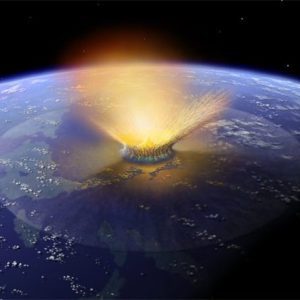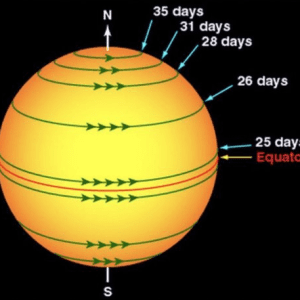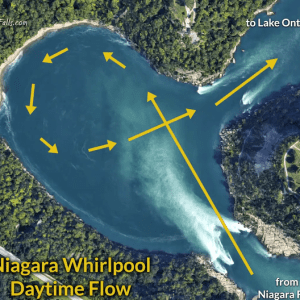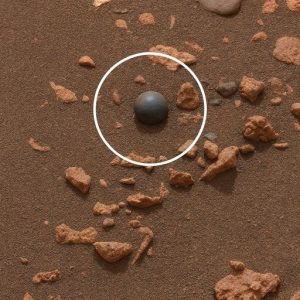
Unlike decomposition on Earth, governed by bacteria, insects, and a host of environmental factors, the process out there unfolds in an entirely alien way.
Forget about putrefaction as we know it. Space is a near-perfect vacuum.
Without oxygen, the legions of aerobic bacteria that feast on our tissues after death can’t operate.
Depending on where you expire in space, your first fate would likely be either mummification or flash-freezing – not exactly what we picture with decomposition.
A body exposed to the naked vacuum, say, ejected from an airlock, would rapidly lose fluids as the lack of pressure forces gasses and moisture to boil away.
If within range of a star, you’d become a desiccated husk, skin leathery and dark from relentless radiation damage.
If far from any heat source, you’d freeze into a macabre popsicle.
Some decomposition might still occur, just far slower.
Your gut bacteria are anaerobic – they don’t need oxygen. For a time, those microbes would keep digesting what was left in your digestive system.
Eventually, the relentless radiation of space breaks down complex molecules.
Over a vast stretch of time (we’re talking centuries or millennia) what’s left would likely degrade further, a slow disintegration driven by cosmic rays rather than hungry critters.

Whether you’d be reduced to scattered atoms or some kind of bizarre space-mummy depends on your trajectory and a staggering amount of luck.






